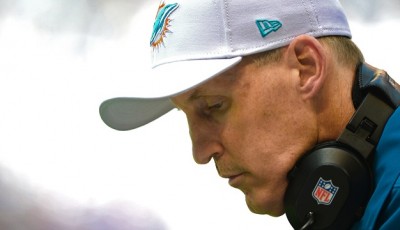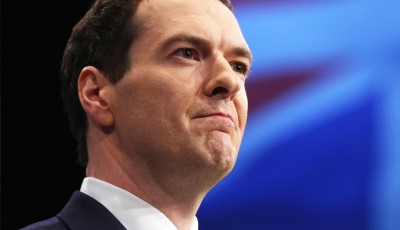Mo Farah to publish blood tests ‘to prove I’m not a cheat’
London Marathon organizers complained about the lack of transparency and coordination in the handling of anti-doping tests following claims by a British Sunday newspaper that the race was won seven times over a 12-year period by athletes who recorded suspicious blood scores.
The Sunday Times is now reporting that, since 2003, seven winners, six runners-up and seven third-placed finishers at the London Marathon have recorded blood results that were “deemed suspicious”.
Blood test results from more than 5,000 athletes were leaked to the media last week, suggesting that a third of all medallists in endurance events at the Olympics and World Championships had suspicious test results which were not followed up.
The Sunday Times reports how the organisers of the London and Chicago marathons have said that the IAAF and the national anti-doping authorities “failed to tell them that some athletes were competing with blood so heavily doped that it threatened their health”.
The double Olympic champion has endured a tough year off the track, with his coach Alberto Salazar the subject of doping allegations in a BBC Panorama documentary.
British Athletics chairman Ed Warner said: “We believe that selective publication in this way could be misinterpreted”.
He said he and his staff were doing their best to prevent doping, but were unable “to do it all on our own”.
But it was leaked to the Sunday Times by a whistle-blower.
“We are therefore very concerned by the allegations made in the Sunday Times today and we will be discussing the implications of the allegations with the IAAF”.
“Regrettably, I did not hear any criticism against the many sports and anti-doping organisations who have never implemented a robust blood testing programme as part of their anti-doping programme”.
“The IAAF has historically been at the forefront of all important developments in the fight against doping and has always taken its responsibilities seriously when it comes to catching cheats and protecting the integrity of its sport. We were the first people to call for blood testing and in fact we’re still probably the only event in the world that blood tests all our athletes”, he said in a Radio Five Live Sportsweek interview.
“This is about the IAAF’s failure to take effective action”.
The IAAF quoted Ljungqvist, an honorary life vice-president of the athletics governing body, in a statement saying: “The IAAF did more than others, before the others, but is now criticised by people, who have no insight into the work of IAAF, for not having done enough”.
The newspaper did not provide dates for when its statistics allegedly apply or identify the athletes involved.
London Marathon organisers have vowed to take legal action to recover prize money awarded to Russia’s Liliya Shobukhova, whose competitive results as of October 9, 2009 have been disqualified by the IAAF.
Shobukhova finished first and second, respectively, in the 2010 and 2011 London Marathons.












